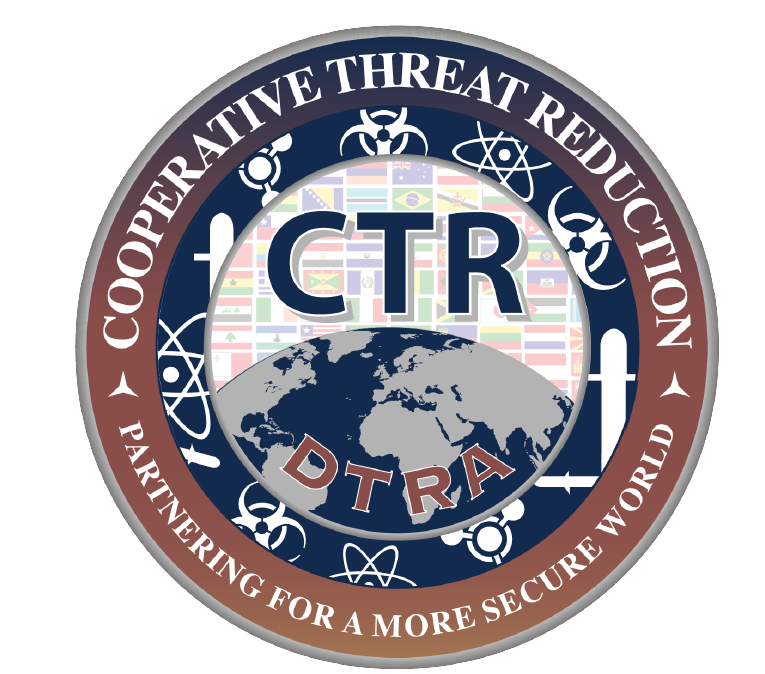FAQ for Institutions and Mentors
How can my institution become a host for CBFP fellows?
Institutions/mentors interested in hosting CBFP fellows should review the Program Goals, CBFP Domains and Competencies, and Fellowship Focus Areas and complete the online application form here.
What are the requirements for becoming a host mentor?
Host mentors should have demonstrated experience in relevant fields. They should also submit a biosketch that includes their areas of expertise, publications, and presentations. Mentors will be assessed for their experience, quality, and ability to provide meaningful mentorship.
Can individual host mentors apply?
Yes, individual host mentors may submit a host application accompanied by an institutional letter of support. They must also provide a biosketch and demonstrate their qualifications and commitment to mentorship.
Can I save my application and restart at a later time?
No. Please ensure that you have all the materials and information needed before starting to complete the application form, as your electronic application progress will not be saved.
How are host institutions and mentors matched with fellows?
The matching process involves assessing the fellows’ project plan proposals and the areas of expertise of both fellows and host institutions/mentors. Matches are made by the selection committee based on mutual benefit and logistical factors.
What kind of support and resources should host institutions provide to fellows?
Host institutions should provide access to laboratory equipment and any required training. Institutions may also offer logistical support such as professional development opportunities (e.g., regular brown bag sessions), opportunities for interdisciplinary collaboration, and workshops on grant writing, scientific communication, and project management. All the fellows’ logistical travel, lodging, and administrative support needs will be handled by CBFP.
Will the host be expected to provide financial support?
Host institutions are not expected to provide financial support to CBFP Fellows. A stipend will be provided to cover project-related expenses (e.g., laboratory supplies and consumables, training/workshops/courses fees, manuscript/publication page charges, and host institution overhead expenses / indirect costs).
What are the benefits of becoming a host institution or mentor?
Host institutions and mentors gain access to a diverse pool of talented fellows, opportunities for collaboration on ongoing projects, and the chance to contribute to the advancement of biosafety and biosecurity in fellows’ home countries. Additionally, institutions can enhance their training portfolio and professional networks.
Who can I contact for more information about becoming a host institution or mentor?
For inquiries about becoming a host institution or mentor, contact [email protected]. Additional resources and guidelines can be found at biosecurityfellowship.com.
